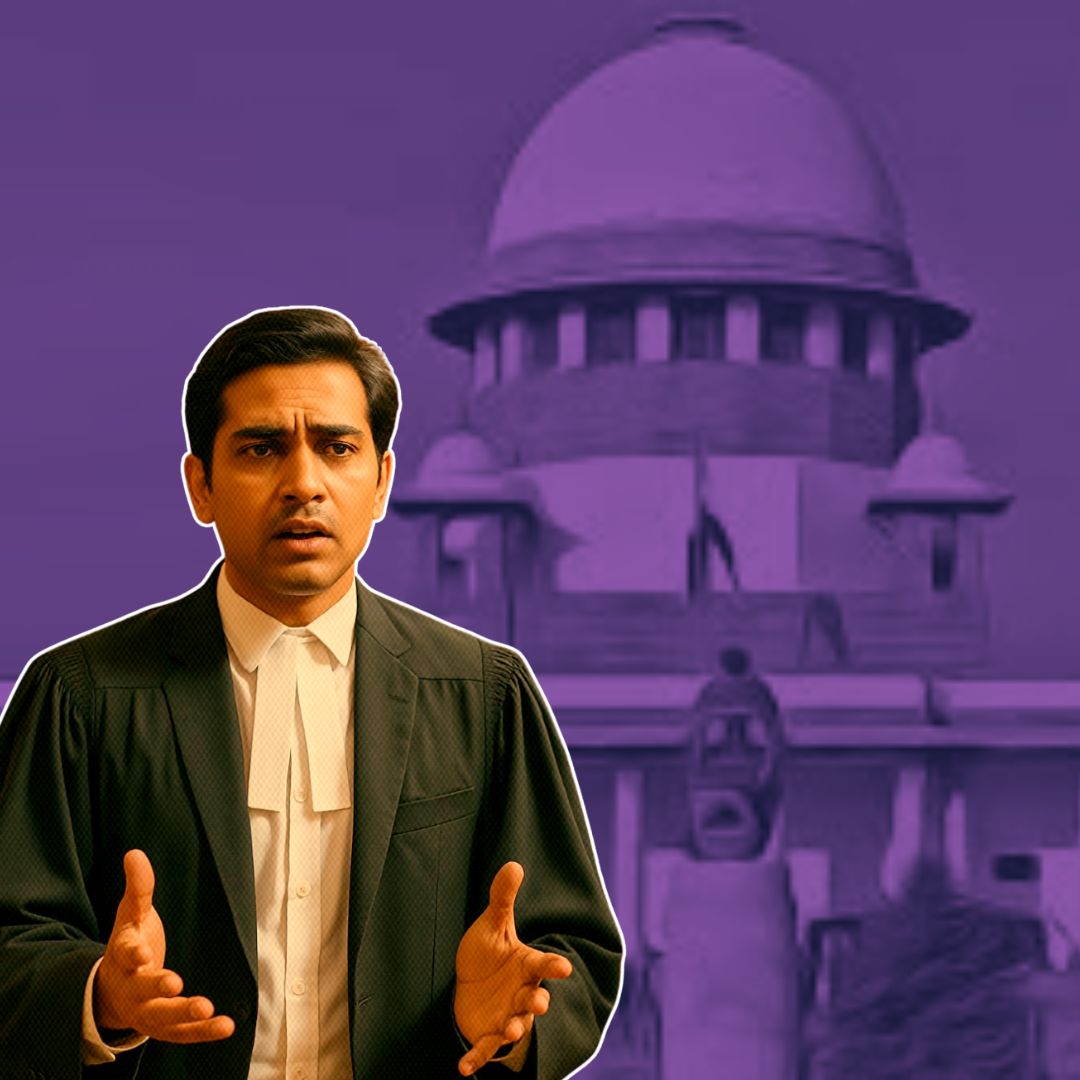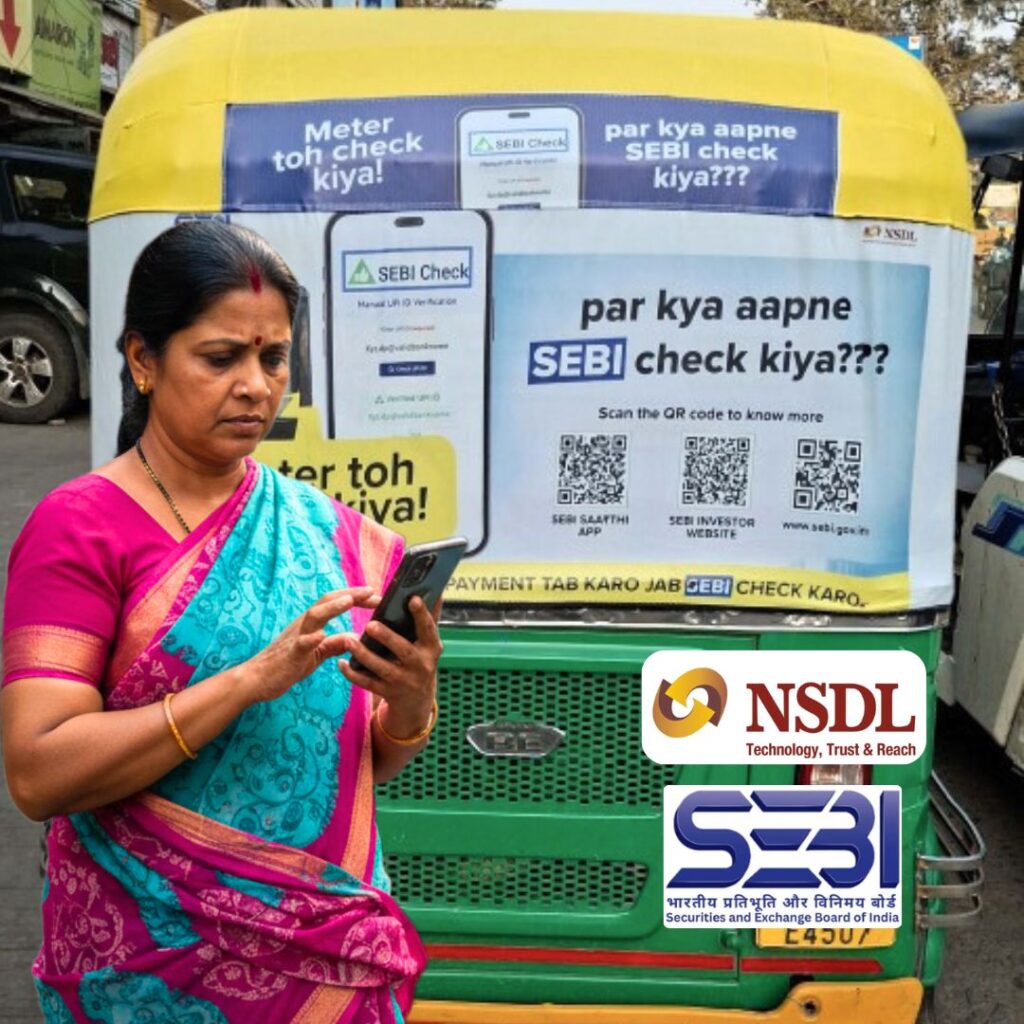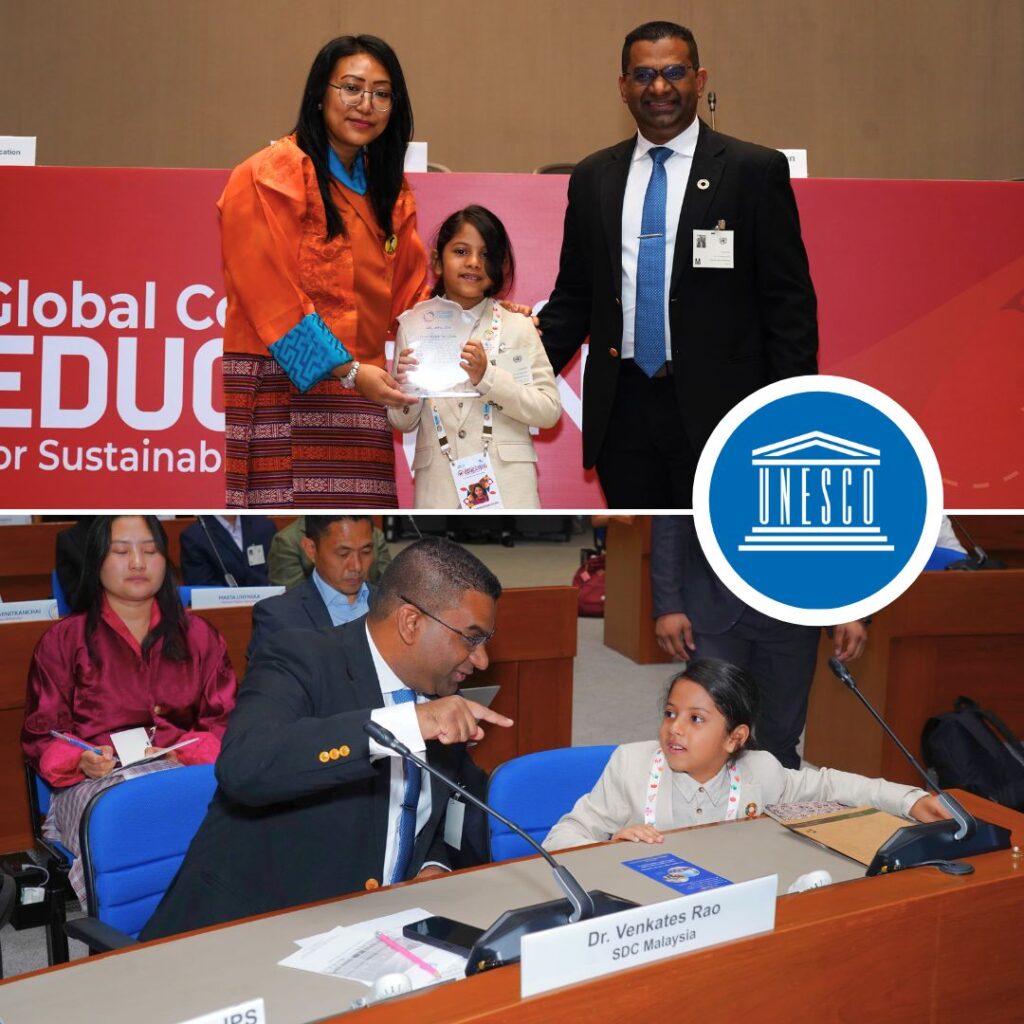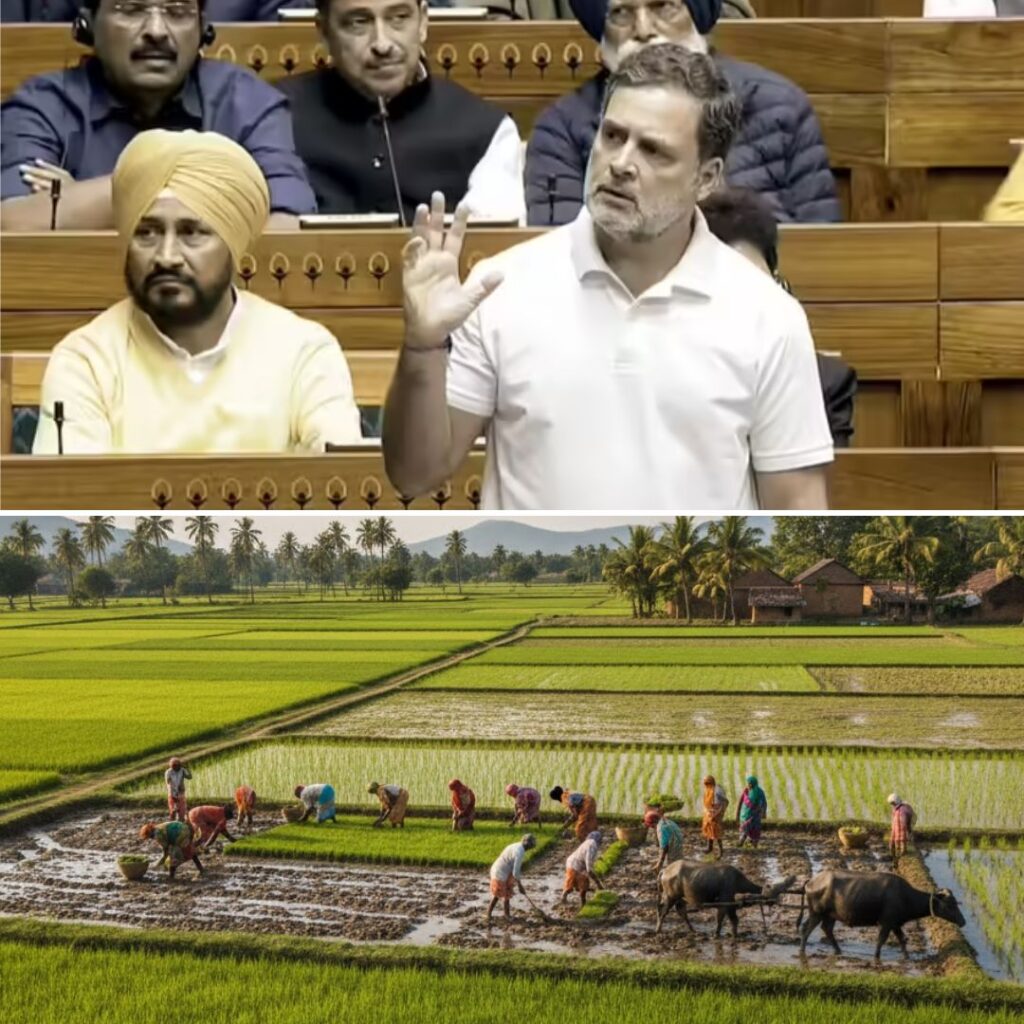The Supreme Court of India is at the centre of a pivotal debate over whether to lower the statutory age of consent for sexual activity from 18 to 16 years. Senior advocate and amicus curiae Indira Jaising has urged the court to read down the current legal threshold, arguing that the existing provisions criminalise consensual adolescent relationships and infringe on constitutional rights.
In contrast, the Union government insists that the age must remain at 18 to safeguard minors from exploitation, warning that a change could undermine the country’s child protection framework. The matter, presently being heard, has far-reaching consequences for India’s approach to adolescent sexuality, autonomy, and protection.
A Deep Dive Into the Arguments: The Search for Balance
Indira Jaising’s submissions before the Supreme Court centre on the consequences of criminalising consensual relationships among older teenagers, particularly those aged 16–18. According to data referenced in her arguments, there has been a 180% surge in prosecutions under the Protection of Children from Sexual Offences (POCSO) Act involving adolescents in this age bracket between 2017 and 2021. Jaising asserts that the overwhelming majority of these cases stem not from sexual exploitation, but from consensual relationships, often brought to light by parents—frequently in situations involving inter-faith or inter-caste couples. She contends that prosecuting consensual sexual activity creates lifelong legal and social ramifications for young people, undermining their right to privacy, autonomy, and dignity as enshrined in the Indian Constitution.
Jaising further pointed out that the 2013 amendment to the POCSO Act, which raised the age of consent from 16 to 18, was enacted without widespread debate or public consultation and is inconsistent with the recommendations of the influential Justice Verma Committee, formed in the aftermath of the 2012 Delhi gang rape. Her proposal includes introducing a “close-in-age” exception, wherein consensual acts between teenagers within a defined age gap would not attract criminal liability, separating genuine cases of exploitation from those involving mutual consent.
Government’s Response: The Imperative of Safeguards
The Union government has taken a firm stance against lowering the statutory age of consent, as reflected in recent filings before the Supreme Court. The Centre argues that keeping the age of consent at 18 offers a clear and unambiguous safeguard for minors, protecting them from coercion, exploitation, trafficking, and abuse—risks that, according to the government, could escalate if the threshold is reduced. Officials emphasise that the “bright line” of age 18 simplifies legal interpretation, keeping the onus on adult accountability and eliminating ambiguity regarding a child’s capacity for consent.
Additionally, the government warns that any move to reduce the age could complicate prosecutions, potentially shifting the legal focus to the minor’s willingness in sexual encounters, thereby increasing the prospects of victim-blaming and the misuse of consent as a legal defence. The government maintains that Indian society’s complex cultural landscape, and the continuing vulnerabilities faced by children, require robust statutory protection. While judicial discretion can be exercised in unique, individual cases, the government asserts that legislative dilution would undermine decades of progress on child protection.
The Logical Indian’s Perspective
This ongoing Supreme Court deliberation encapsulates the broader struggle to balance adolescent autonomy with meaningful child protection. The Logical Indian stands for a future where laws are responsive and rooted in empathy, promoting an environment where young people can exercise agency in relationships without undue fear of criminal prosecution.
At the same time, the imperative to shield minors from real harm must never be compromised. A nuanced “close-in-age” exception, embedded within a framework of comprehensive education and community awareness, could be a compassionate path forward, reconciling these apparently divergent imperatives.
The Logical Indian urges policymakers, educators, parents, and young people themselves to actively participate in this dialogue. Thoughtful reform can ensure that the law distinguishes between predatory behaviour and genuine consent among adolescents, while upholding respect for individual dignity and informed choice.











